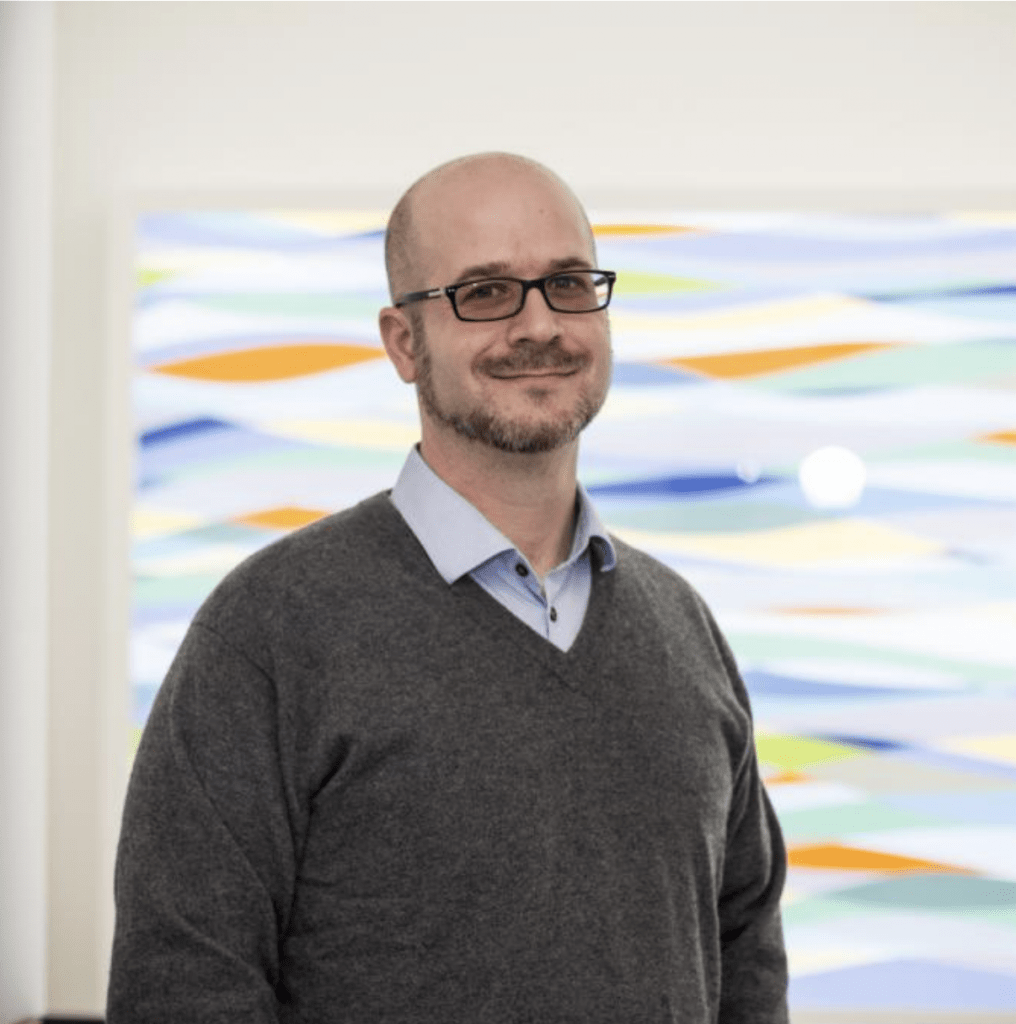Luis Alejandro Salas
I am a Classicist and Historian of Medicine whose main scholarly interests lie in ancient Greek and Roman medicine, philosophy, and intellectual history.
My research focuses on the work of Galen of Pergamum (129-ca.216 CE), especially Galen’s engagement with contemporary and antecedent rival theorists on points of second-century philosophical controversy. I maintain more general research interests on the appropriation of philosophical theory and polemic to medical debates of the Hellenistic period and second century CE. I also have a long-standing interest in Aristotelian accounts of how bodies are animate, also known as Aristotelian psychology.
My recent book, Cutting Words: Polemical Dimensions of Galen’s Anatomical Experiments, examines Galen’s written narratives of his anatomical demonstrations. It focuses on four of Galen’s most detailed and influential experiments as case studies: on voice production, the heart, the vesicoureteral valves (valves joining the bladder to the ureters), and the femoral artery. I investigate Galen’s medical demonstrations as a set of medical practices. Specifically, I argue that Galen’s polemical engagement with contemporary rivals and past authorities is a central feature of how he did medicine, and further that it is representative of how medicine in the Greco-Roman world was done, at least by certain groups of practitioners. On my view, Galen’s experimental narratives—including their literary allusions, searing diatribes, and philosophical exegeses—should be read as part of his medical practice along with the live demonstrations that they reproduce. Moreover, both his written and live demonstrations should be understood in the broader context of other contemporary Greek intellectual practices, with which they hold much in common.
In the past two years, I have also been publishing on Galen’s concept of disease. My article “Galen’s Wounds: Dissolutions and the Theoretical Structure of Galen’s Disease Taxonomy” discusses Galen’s classification of disease, with a special interest in his peculiar categorization of wounds and other ruptures as constituting a general class of disease. In a companion piece to this article, “Galen on the Definition of Disease“, I trace the history of Galen’s influential definition of disease, arguing that it most likely originated among Methodist physicians some time after the late first century CE. I have also published on Galen’s use of the anatomy of exotic animals, such as the elephant, to argue against the views of second century Stoics and Peripatetics on the location of volition in the body in Fighting with the Heart of a Beast: Galen’s Use of the Elephant’s Cardiac Anatomy against Cardiocentrists.
I’m working on two pieces right now. One on prehension as an important criterion for analogical claims about human and animal structures among ancient anatomists. I am also working on an article on Galen’s use of Rufus of Ephesus as a source for his experiments on volition and the voice. I argue that Rufus’ work lies at the base of Galen’s claims about the recurrent laryngeal nerve. Since these claims themselves play a crucial role in Galen’s views on physiology and volition and Galen at least tacitly figures himself as their discoverer, Rufus’ work stands to shed light on Galen’s argumentative tactics. This piece lays the foundation for a larger work on Galen’s use of his intellectual antecedents in his arguments over the second century debate on the hegemonikon, the control center of the body.
Luis Alejandro Salas
Associate Professor of Classics
Email: luis.salas@wustl.edu
Phone: 314-935-5183
Fax: 314-935-8723
Office: Umrath Hall 246
Washington University in St. Louis
MSC 1050-153-244, 1 Brookings Dr.
St. Louis, MO 63130-4899
